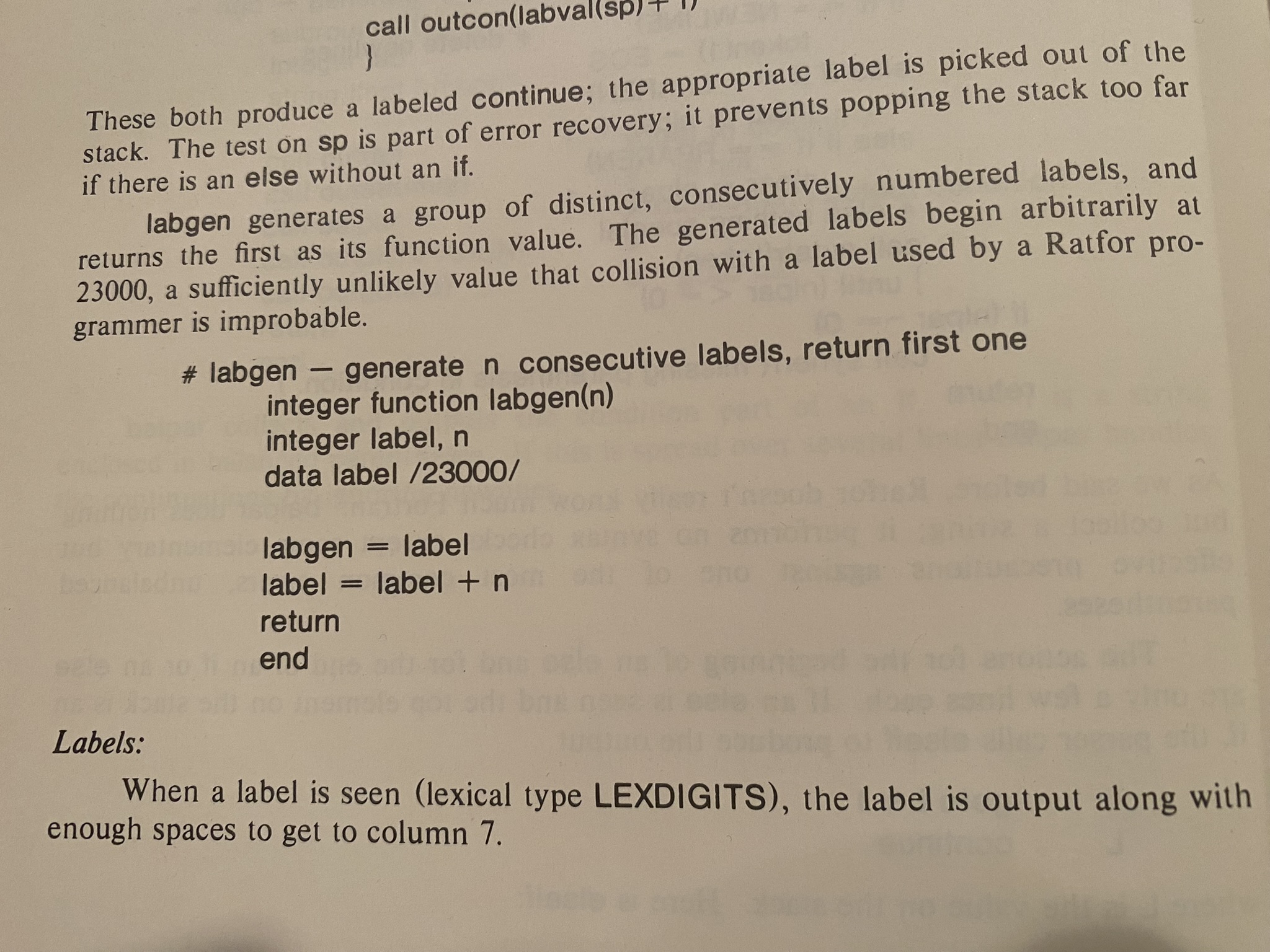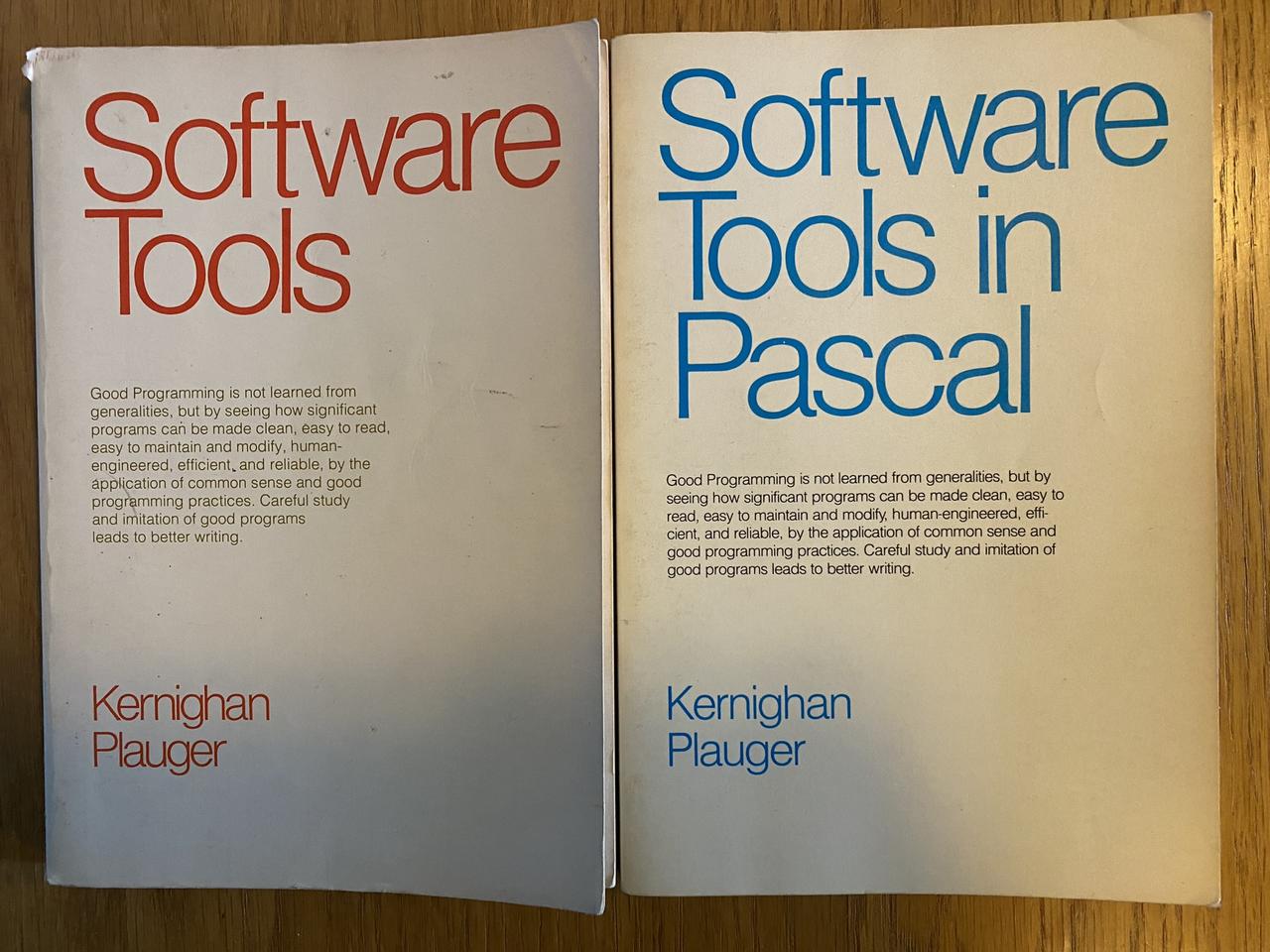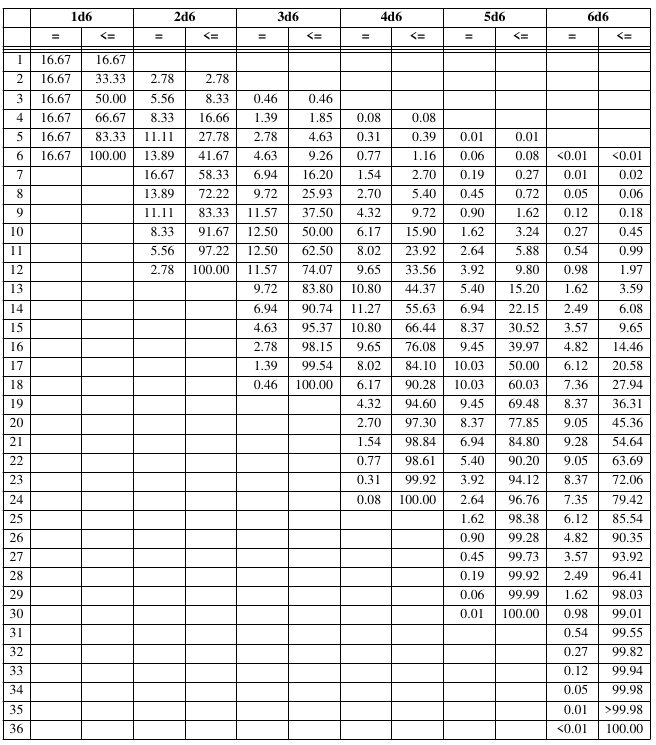Ada Quality and Style: Guidelines for Professional Programmers
The Ada Quality and Style: Guidelines for Professional Programmers is available on the web, but I don't think that there is a PDF copy anywhere easily found, so I'm making a copy available here. This is the style guide for Ada 83, by the way. I got it from the Ada Information Clearinghouse. I downloaded the file style-ps.zip into a temporary directory and then ran the shell script make-83style-pdf.sh to create the PDF file:
#! /usr/bin/env bash # First, unzip style-ps.zip. Then, in another directory, unzip all six of # those zip files. Then do the following: set -x mkdir tmp && cd tmp && unzip -L ../style-ps.zip && mkdir tmp && cd tmp && for i in ../*.zip; do unzip -L $i; done && for i in *.ps; do ps2pdf $i $(basename $i .ps).pdf; done && qpdf --empty -pages covers.pdf 1-3 -- covers_fixed.pdf && pdfunite covers_fixed.pdf preface.pdf ack.pdf toc.pdf intro.pdf source_c.pdf readabil.pdf prog_str.pdf prog_pra.pdf concurr.pdf portabil.pdf reuse.pdf performa.pdf complete.pdf appendix.pdf ref.pdf bib_0188.pdf index.pdf 83style.pdf
Note the qpdf command? That pulls out the first three pages of covers.pdf, because the other pages duplicate stuff that is in the other .pdf files.
Then I read through the PDF and made a bookmarks file for use with jpdfbookmarks (I use one of the releases from this github repo):
Ada Quality and Style/1
Cover 1/1
Cover 2/2
Preface/4
Authors and Acknowledgements/6
Contents/8
Chapter 1: Introduction/10
1.1 How to use this book/11
1.2 To the new Ada programmer/11
1.3 To the experienced Ada programmer/12
1.4 To the software project manager/12
1.5 to contracting agencies and standards organizations/13
Chapter 2: Source Code Presentation/14
2.1 Code formatting/14
2.1.1 Horizontal spacing/14
2.1.2 Indentation/15
2.1.3 Alignment of operators/18
2.1.4 Alignment of declarations/19
2.1.5 More on alignmeent/20
2.1.6 Blank lines/21
2.1.7 Pagination/22
2.1.8 Number of statements per line/23
2.1.9 Source code line length/24
2.2 Summary/24
Chapter 3: Readability/26
3.1 Spelling/26
3.1.1 Use of underscores/26
3.1.2 Numbers/26
3.1.3 Capitalization/27
3.1.4 Abbreviations/28
3.2 Naming conventions/29
3.2.1 Names/29
3.2.2 Type names/29
3.2.3 Object names/30
3.2.4 Program unit names/31
3.2.5 Constants and named numbers/32
3.3 Comments/33
3.3.1 General comments/34
3.3.2 File headers/35
3.3.3 Program unit specification header/35
3.3.4 Program unit body header/38
3.3.5 Data comments/39
3.3.6 Statement comments/41
3.3.7 Marker comments/43
3.4 Using types/44
3.4.1 Declaring types/44
3.4.2 Enumeration types/45
3.5 Summary/46
Chapter 4: Program Structure/50
4.1 High level structure/50
4.1.1 Separate compilation capabilities/50
4.1.2 Subprograms/51
4.1.3 Functions/52
4.1.4 Packages/53
4.1.5 Cohesion/53
4.1.6 Data coupling/54
4.1.7 Tasks/54
4.2 Visibility/55
4.2.1 Minimization of interfaces/55
4.2.2 Nested packages/56
4.2.3 Restricting visibility/56
4.2.4 Hiding tasks/57
4.3 Exceptions/59
4.3.1 Using exceptions to help define an abstraction/59
4.4 Summary/61
Chapter 5: Programming Practices/64
5.1 Optional parts of the syntax/64
5.1.1 Loop names/64
5.1.2 Block names/65
5.1.3 Exit statements/66
5.1.4 Naming end statemnts/66
5.2 Parameter lists/67
5.2.1 Formal parameters/67
5.2.2 Named association/67
5.2.33 Default parameters/68
5.2.4 Mode indication/69
5.3 Types/69
5.3.1 Derived types and subtypes/69
5.3.2 Anonymous types/71
5.3.3 Private types/71
5.4 Data structures/72
5.4.1 Heeterogeneous data/72
5.4.2 Nested records/73
5.4.3 Dynamic data/74
5.5 Expressions/75
5.5.1 Range values/75
5.5.2 Array attributes/76
5.5.3 Parenthetical expressions/76
5.5.4 Positive forms of logic/77
5.5.5 Short circuit forms of the logical operators/77
5.5.6 Accuracy of operations with real operands/78
5.6 Statements/78
5.6.1 Nesting/78
5.6.2 Slices/80
5.6.3 Case statements/80
5.6.4 Loops/81
5.6.5 Exit statements/82
5.6.6 Recursion and iteration bounds/83
5.6.8 Return statements/84
5.6.9 Blocks/85
5.6.10 Aggregates/86
5.7 Visibility/86
5.7.1 The use clause/87
5.7.2 The renames clause/88
5.7.3 Overloaded subprograms/88
5.7.4 Overloaded operators/89
5.7.5 Overloading the equality operator/89
5.8 Using exceptions/89
5.8.1 Handling versus avoiding exceptions/90
5.8.2 Handlers for others/90
5.8.3 Propagation/91
5.8.4 Localizing the causes of an exception/91
5.9 Erroneous Execution/92
5.9.1 Unchecked conversion/92
5.9.2 Unchecked deallocation/93
5.9.3 Dependeence on parameter passing mechanism/93
5.9.4 Multiple address clauses/94
5.9.5 Suppression of exception check/94
5.9.6 Initialization/94
5.9.7 Direct_IO and Sequential_IO/95
5.9.8 Incorrect order dependencies/96
5.10 Summary/96
Chapter 6: Concurrency/100
6.1 Tasking/100
6.1.1 Tasks/100
6.1.2 Anonymous task types/101
6.1.3 Dynamic tasks/102
6.1.4 Prioritis/103
6.1.5 Delay statements/104
6.2 Commmunication/105
6.2.1 Effecient task communications/105
6.2.2 Defensive task communication/106
6.2.3 Attributes 'Count, 'Callable, and 'Terminated/108
6.2.4 Shared variables/109
6.2.5 Tenative rendezvous constructs/111
6.2.6 Commmunication complexity/112
6.3 Termination/113
6.1.1 Avoiding termination/113
6.3.2 Normal termination/114
6.3.3 The abort statement/115
6.3.4 Abnormal termination/115
6.4 Summary/116
Chapter 7: Portability/118
7.1 Fundamentals/119
7.1.1 Global assumptions/119
7.1.2 Actual limits/120
7.1.3 Comments/120
7.1.4 Main subprogram/121
7.1.5 Encapsulating implementation dependencies/121
7.1.6 Implementation-added features/122
7.2 Numeric types and expressions/122
7.2.1 Predefined numeric types/122
7.2.2 Ada model/123
7.2.3 Analysis/123
7.2.4 Accuracy Constraints/124
7.2.5 Comments/124
7.2.6 Precision of constants/124
7.2.7 Subexpression evaluation/124
7.2.8 Relational tests/124
7.3 Storage control/125
7.3.1 Representation clause/125
7.4 Tasking/126
7.4.1 Task activation order/126
7.4.2 Delay statements/126
7.4.3 Package Calendar, type Duration, and System.Tick/126
7.4.4 Select statement evaluation ordr/126
7.4.5 Task scheduling algorithm/127
7.4.6 Abort/127
7.4.7 Shared variables and pragma shared/127
7.5 Exceptions/127
7.5.1 Predefined exceptions/127
7.5.2 Constraint_Error and Numeric_Error/128
7.5.3 Implementation-defined exceptions/128
7.6 Representationi clauses and implementation dependent features/128
7.6.1 Representation clauses/129
7.6.2 Package System/129
7.6.3 Machine code inserts/129
7.6.4 Interfacing Foreign Languages/130
7.6.5 Implementation-defined pragmas and attributes/130
7.6.6 Unchecked deallocation/130
7.6.7 Unchecked conversion/131
7.7 Input/output/131
7.7.1 Name and Form parameters/132
7.7.2 File closing/132
7.7.3 I/O on access types/132
7.7.4 Package Low_Level_IO/132
7.8 Summmary/133
Chapter 8: Reusability/136
8.1 Understanding and clarity/137
8.1.1 Application-independent naming/137
8.1.2 Abbreviations/138
8.1.3 Generic formal parameters/139
8.2 Robustness/139
8.2.1 Named numbers/139
8.2.2 Unconstrained arrays/140
8.2.3 Assumptions/140
8.2.4 Subtypes in generic specifications/141
8.2.5 Overloading in generic units/143
8.2.6 Hidden tasks/143
8.2.7 Exceptions/143
8.3 Adaptability/145
8.3.1 Complete functionality/145
8.3.2 Generic units/146
8.3.3 Using generic units to encapsulate algorithms/146
8.3.4 Using generic units for abstract data types/148
8.3.5 Iterators/151
8.3.6 Private and limited private types/154
8.4 Independence/156
8.4.1 Using generic parameters to reduce coupling/156
8.4.2 Coupling due to pragmas/157
8.4.3 Part families/158
8.4.4 Conditional compilation/158
8.4.5 Table-driven programming/159
8.5 Summary/160
Chapter 9: Performance/162
9.1 Improving exception speed/162
9.1.1 Pragma inline/162
9.1.2 Blocks/163
9.1.3 Arrays/163
9.1.4 Mod and rem operators/164
9.1.5 Constraint checking/164
9.2 Summmary/165
Chapter 10: Complete Examples/166
10.1 Menu-driven user interface/166
10.2 Line-oriented portablee dining philosophers example/174
10.3 Window-oriented portable dining philosophers example/179
Appendix A: Map from Ada Language Referencee Manual to Guidelines/188
References/194
Bibliography/198
Index/202
Then I ran another shell script, build-bookmarks.sh:
#! /usr/bin/env bash jpdfbookmarks -f tmp/tmp/83style.pdf --apply 83style.bookmarks --out 83style.pdf
There is a PDF of the style guide for Ada 95 online, but the links to the other formats listed on the Ada 95 Documents page have bit rotted, alas.




